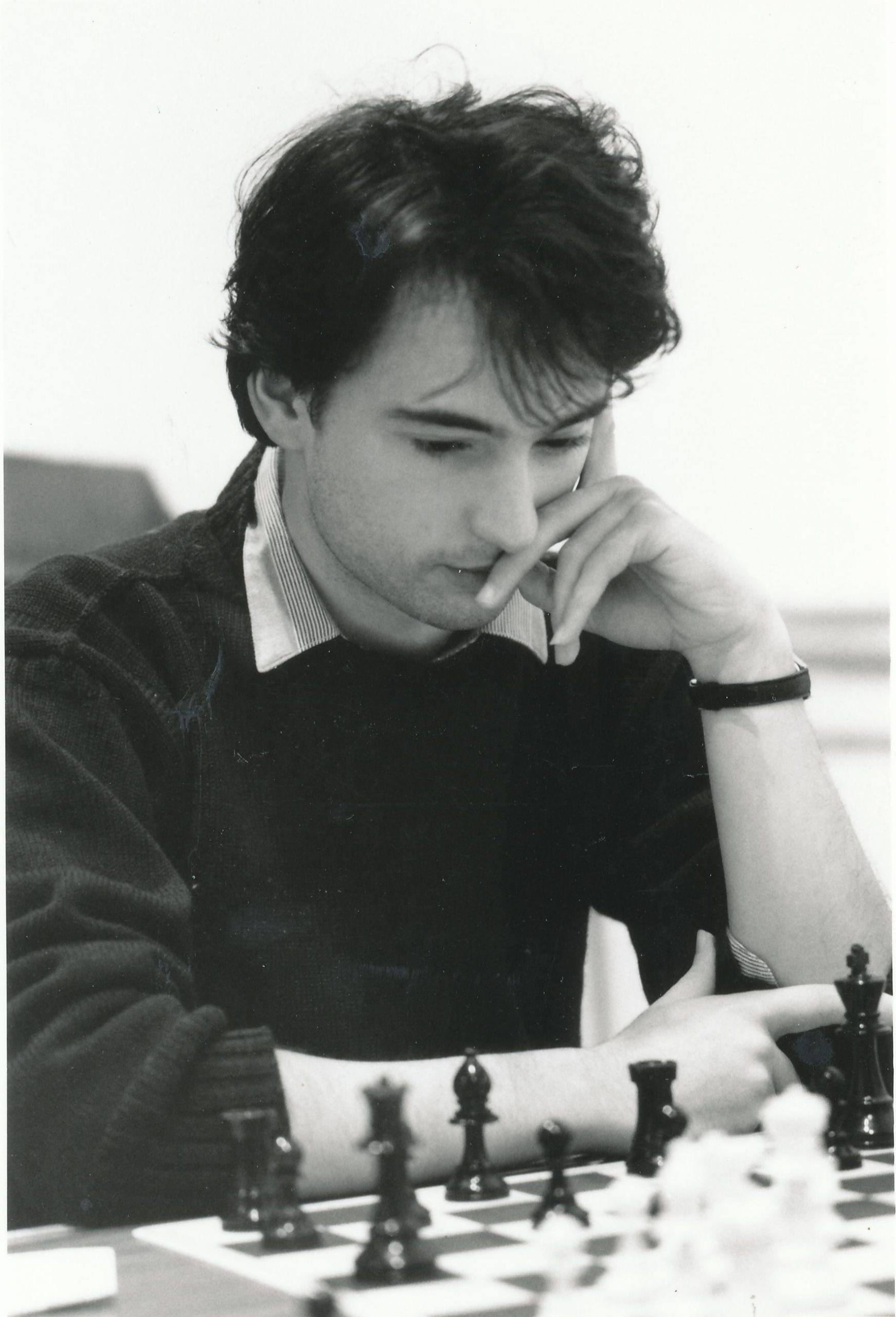
BCN wishes Happy Birthday to IM Gavin Crawley (08-v-1963)
Gavin became an International Master in 1988. His peak rating was 2407 in July 2007.
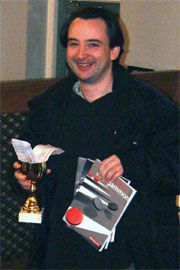
From chessgames.com:
“Timothy David Harding was born in London. He has been playing both over-the-board and correspondence chess since the 1960s. Harding played on the Irish team at the 1984 FIDE Olympiad in Thessaloniki, scoring 50%. In 2002 he achieved the title of Senior International Master of Correspondence Chess. He is also a Candidate Master (2015).
As a chess historian, Harding has authored dozens of books on chess since 1973. He is also the author of the “The Kibitzer”, a popular chess column published at ChessCafe.com.
(Tim Harding’s homepage – http://www.chessmail.com/timsite)”
BCN wishes Happy Birthday to Timothy David Harding (06-v-1948)
From Wikipedia :
“Timothy David Harding (born 6 May 1948 in London)[1] is a chess player and author with particular expertise in correspondence chess. He published a correspondence chess magazine Chess Mail from 1996 to 2006[2] and authored “The Kibitzer”, a ChessCafe.com column from 1996 until 2015.[3] In 2002, he was awarded the title Senior International Master of Correspondence Chess by the International Correspondence Chess Federation. Harding has lived in Dublin since 1976,[2] writing a weekly column for The Sunday Press from then until 1995.
In 2009, Harding received a PhD degree in history from University of Dublin, with his thesis on correspondence chess in Britain and Ireland, 1824–1914.[4]
He is credited with coining the name Frankenstein–Dracula Variation in his 1975 Vienna Game book.”
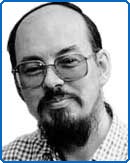
Tim has written / co-authored at least forty chess books and here is a selection :
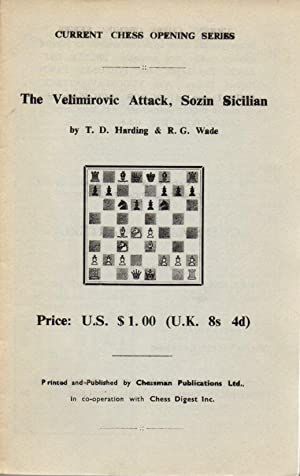
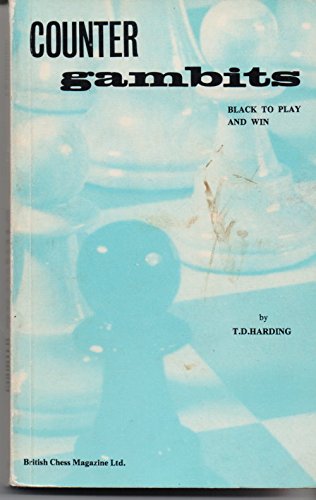
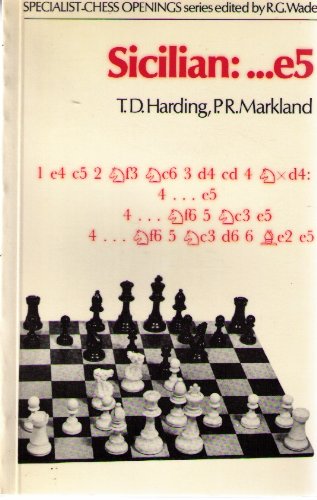
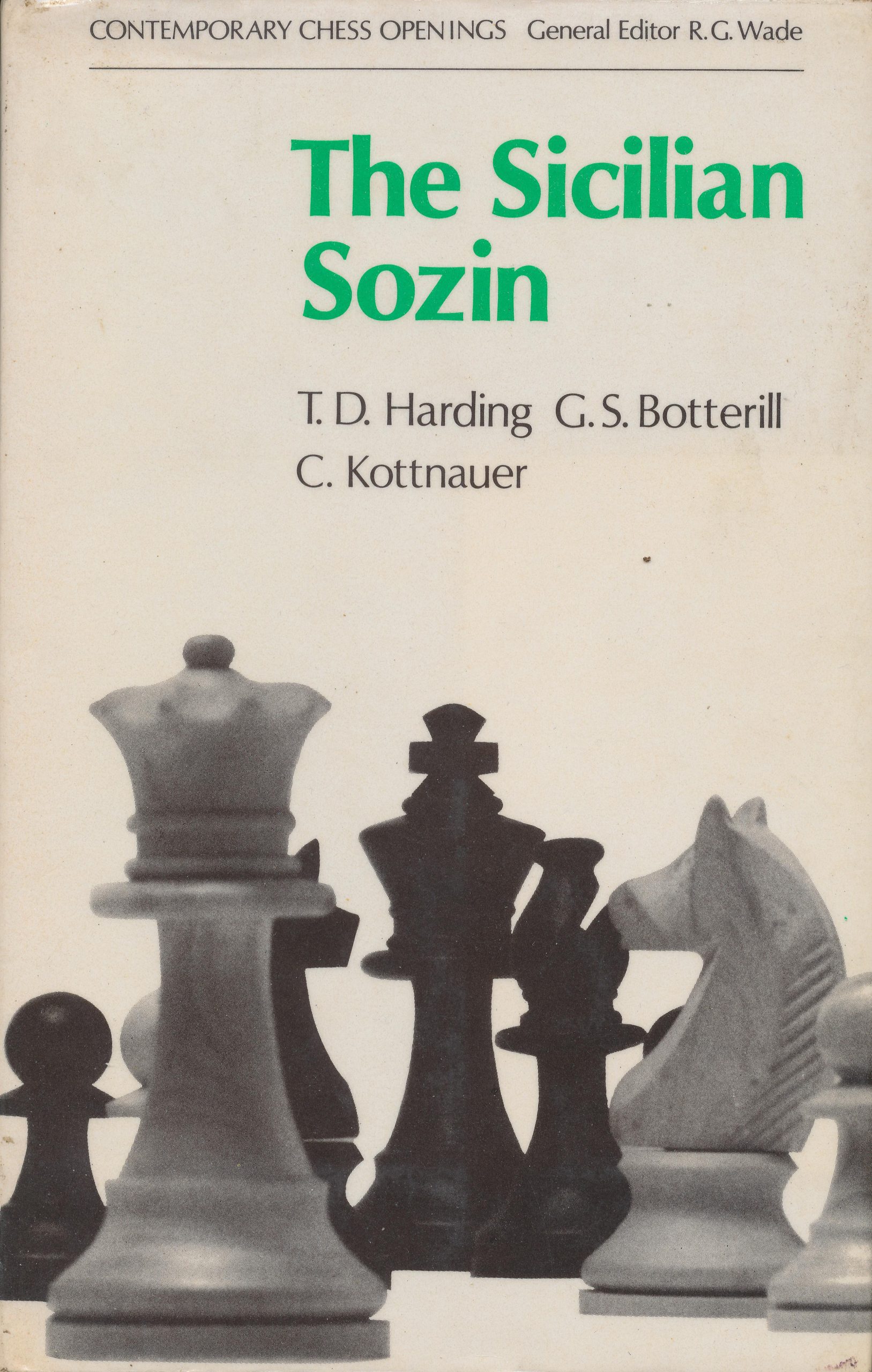
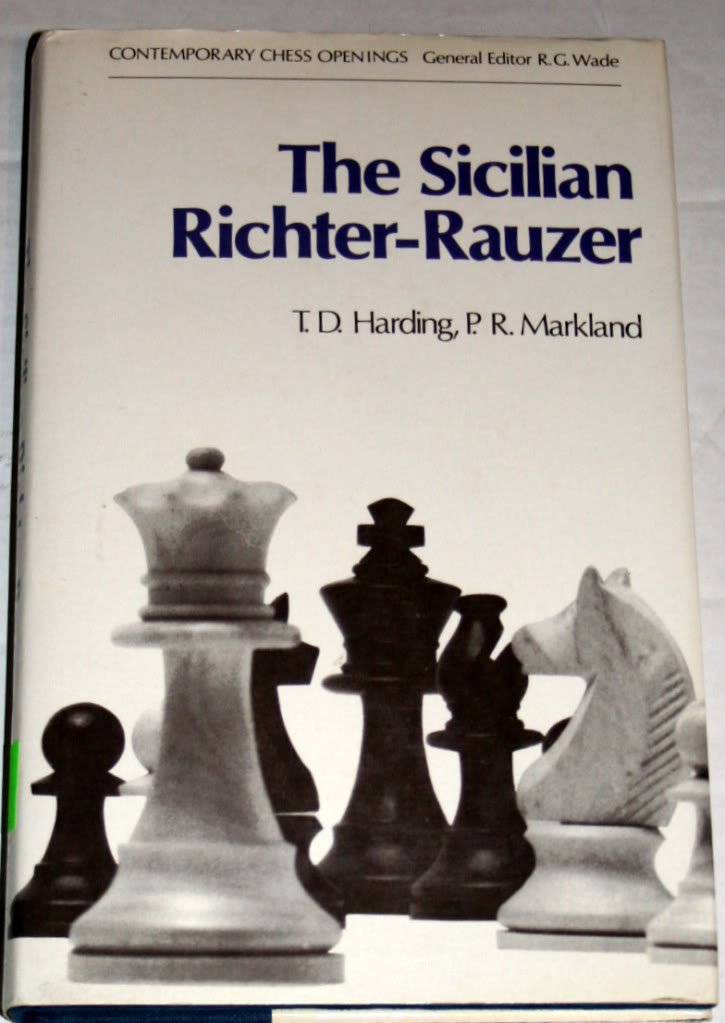
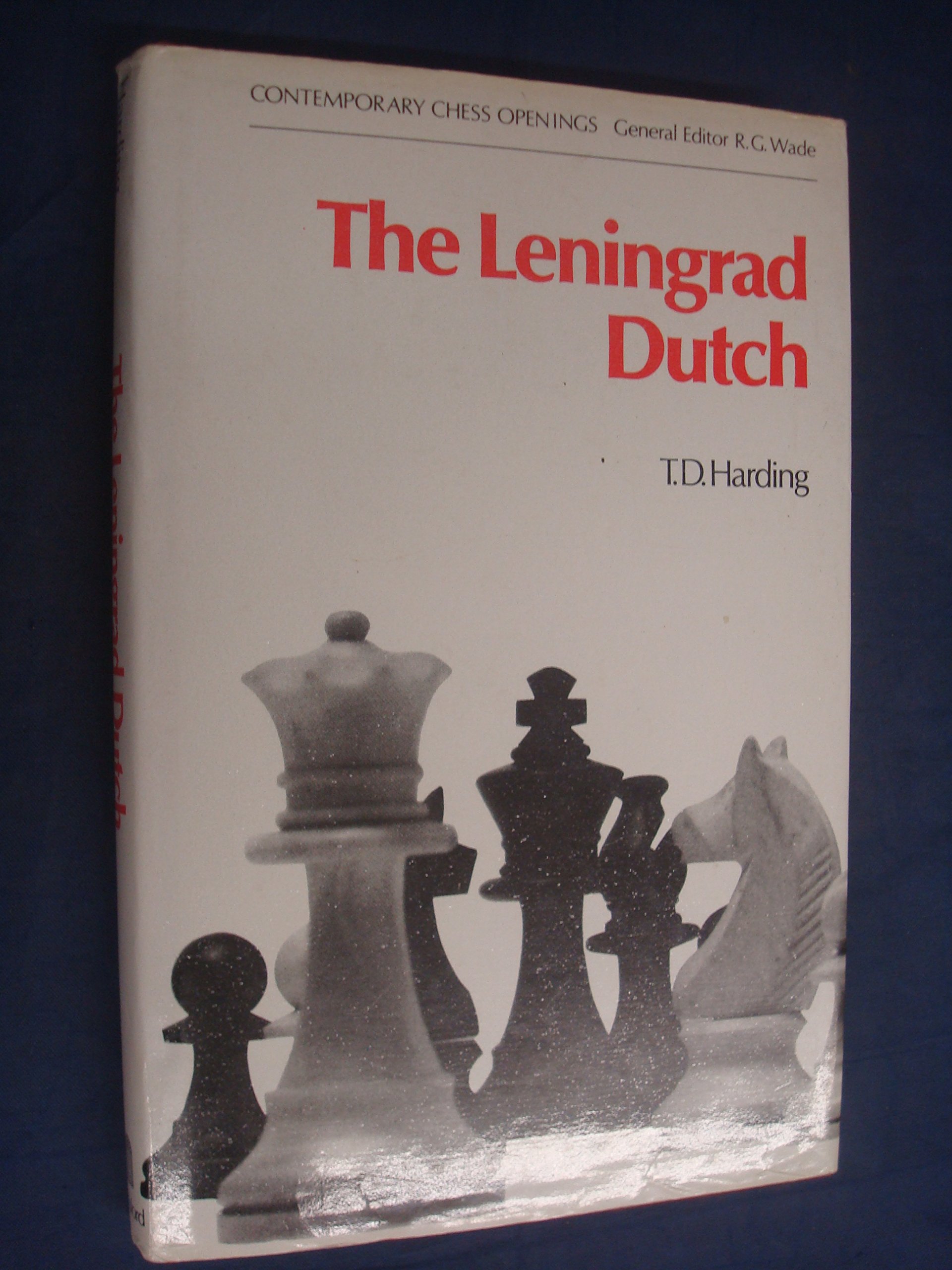
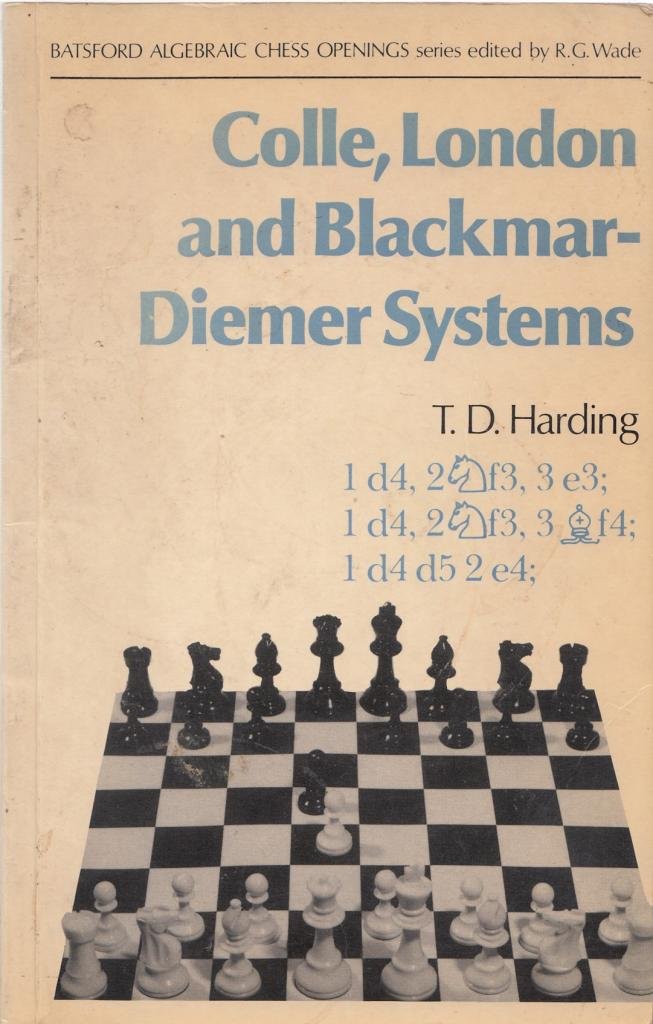
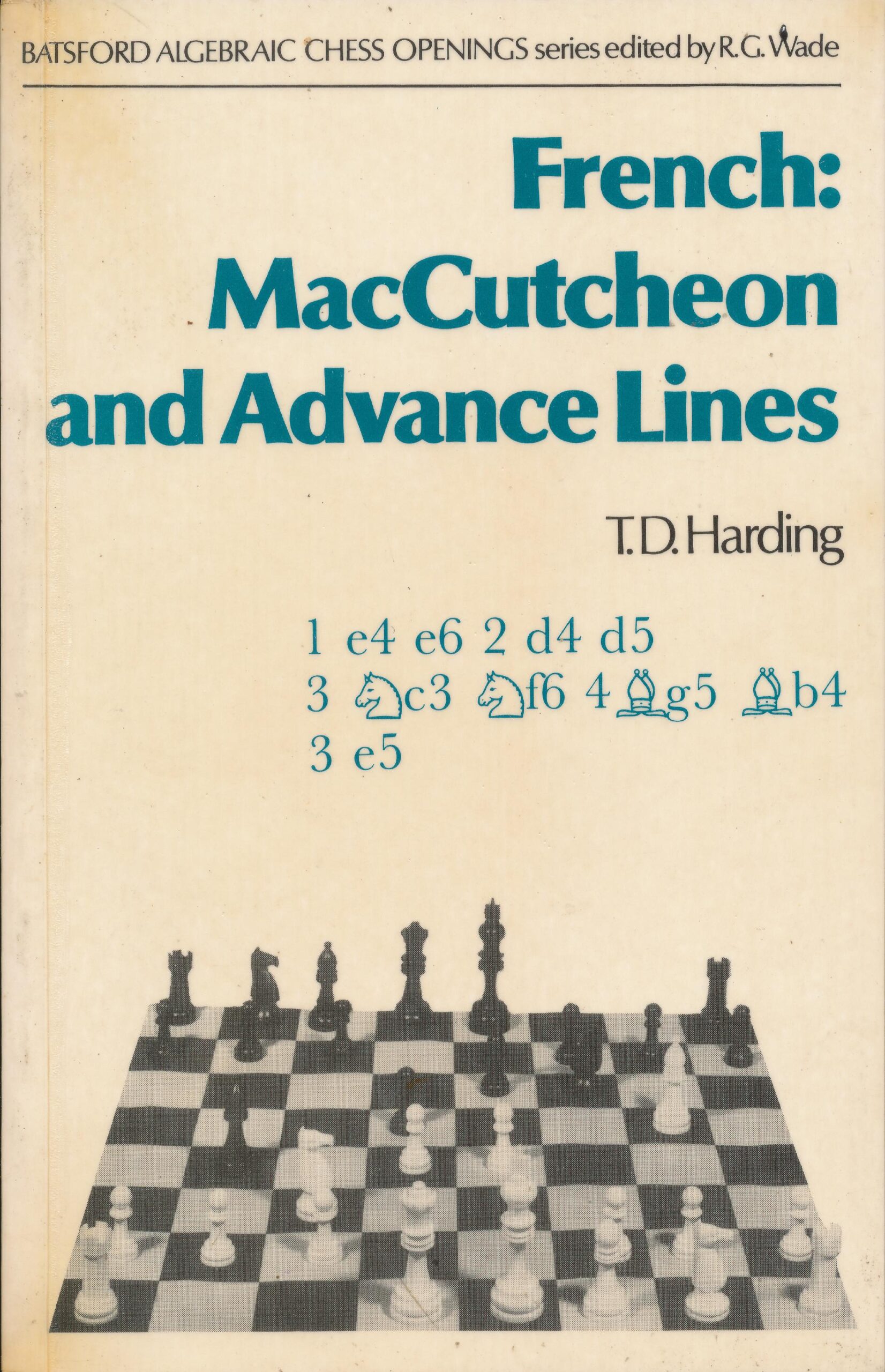
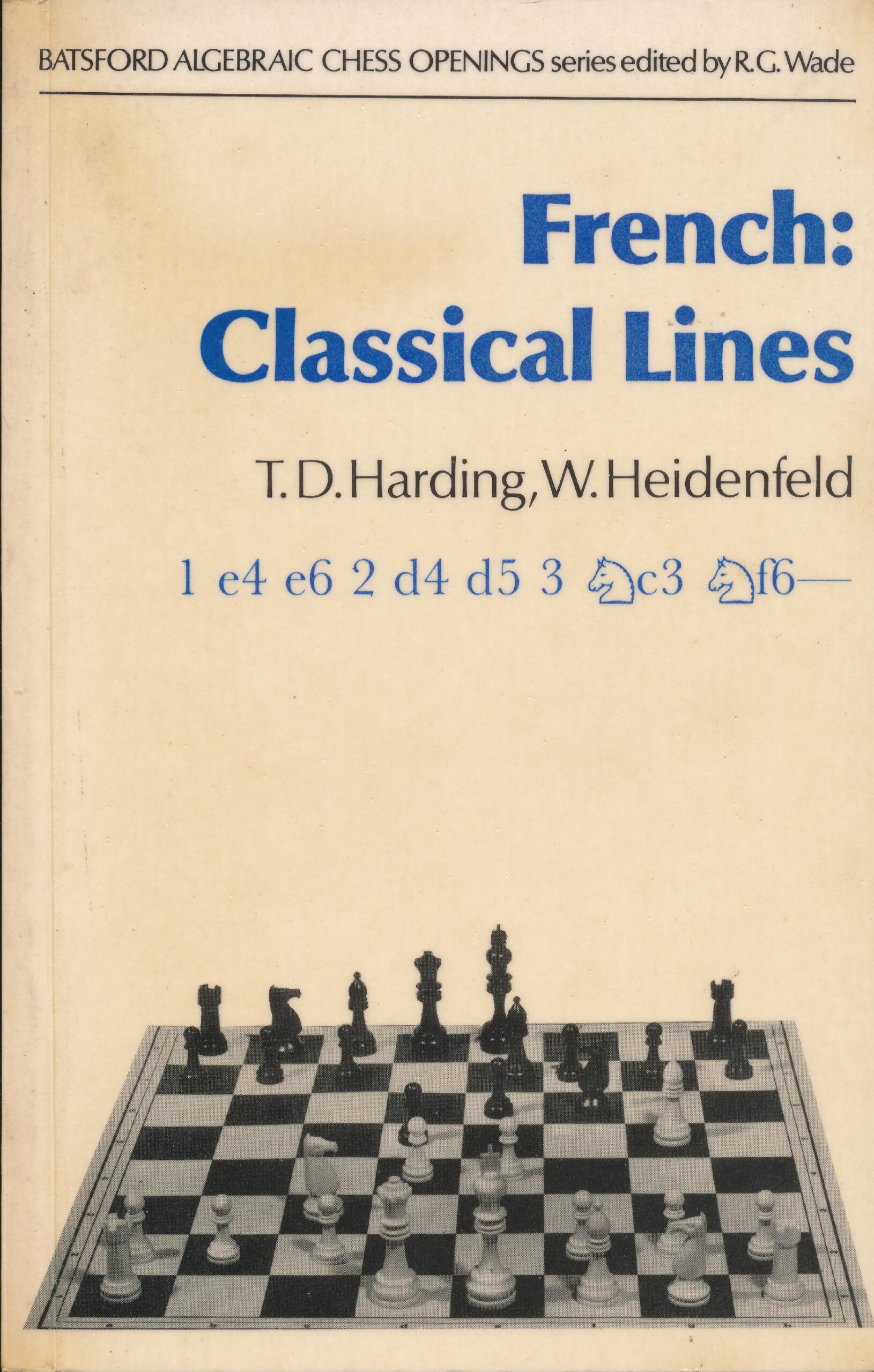
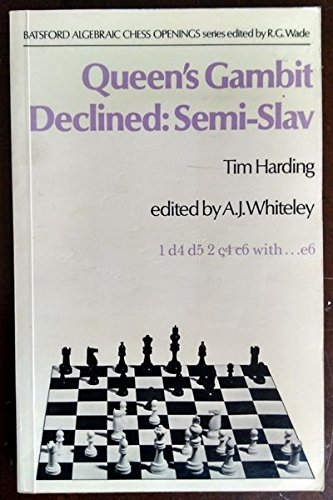

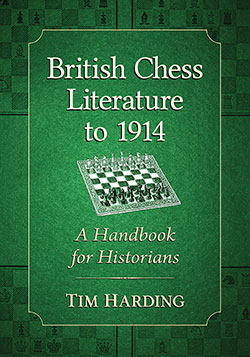
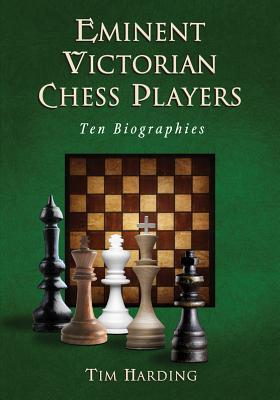
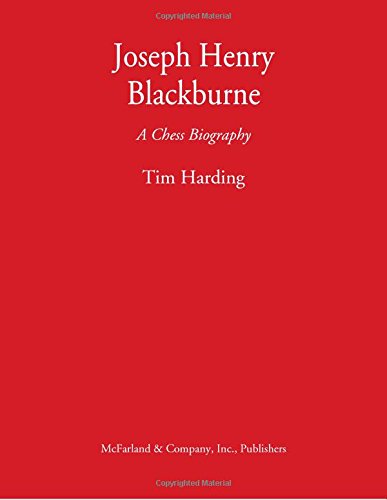
BCN wishes Happy Birthday to GM Daniel William Gormally (04-v-1976)
Danny won the Southern Counties (SCCU) championship in the 2002-03 and 2010-11 (sharing with David Howell) seasons.
Here is a ChessBase interview with Danny
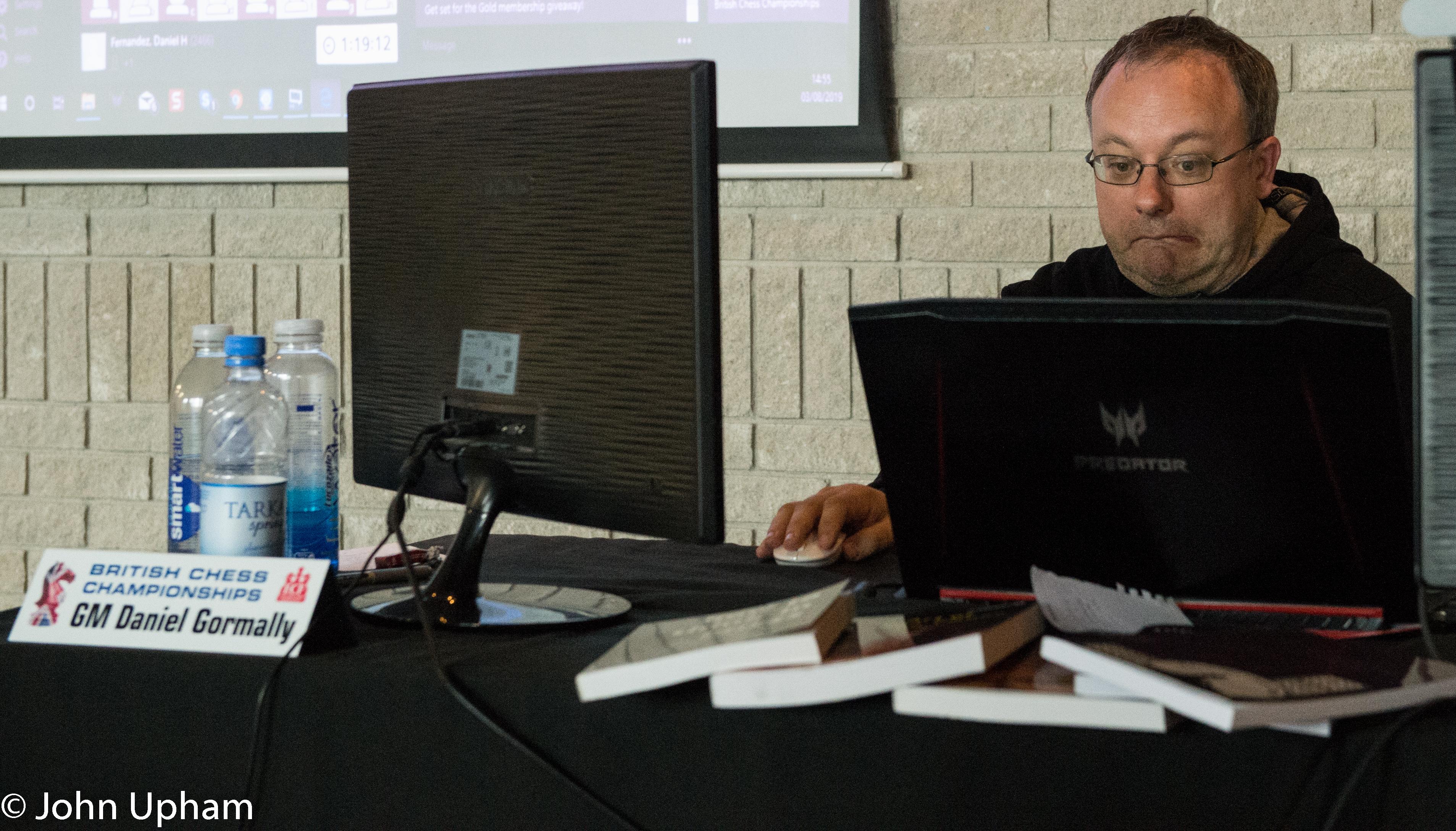
and another interview from Chessbase
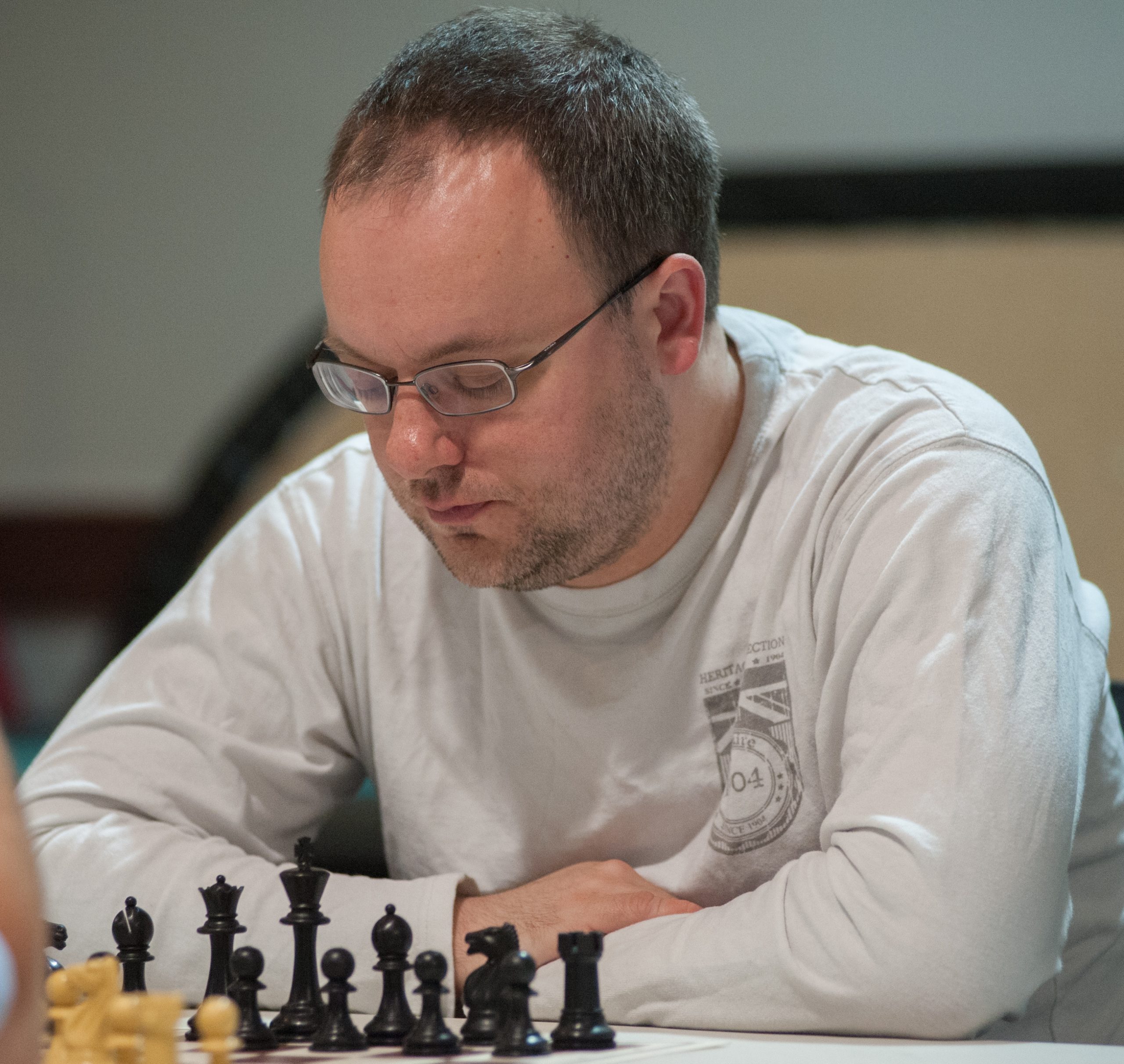
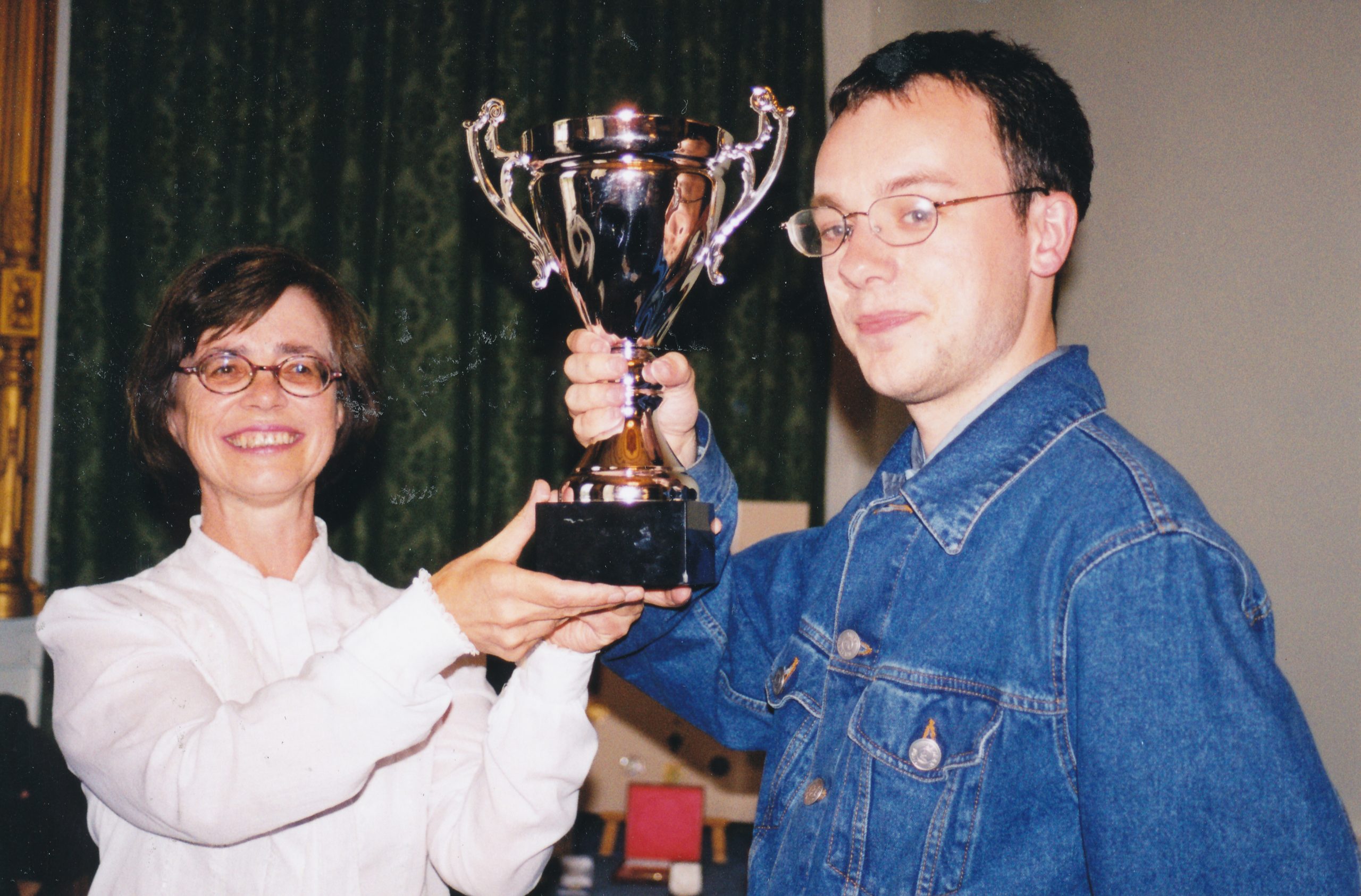
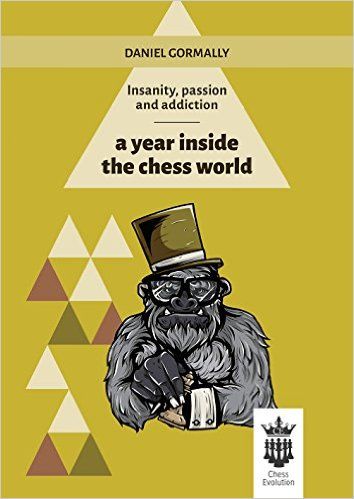
Happy Birthday WIM Ruth Sheldon (03-v-1980).
Ruth was born in Manchester and became a WFM in 1993 and WIM in 1996. Her peak rating was 2310 in July 1999.
She was World U12 Vice Champion in 1992, World U14 Champion in 1993 and World U18 Champion in 1998.
She is a lecturer in Religion and Social Science at King’s College, London
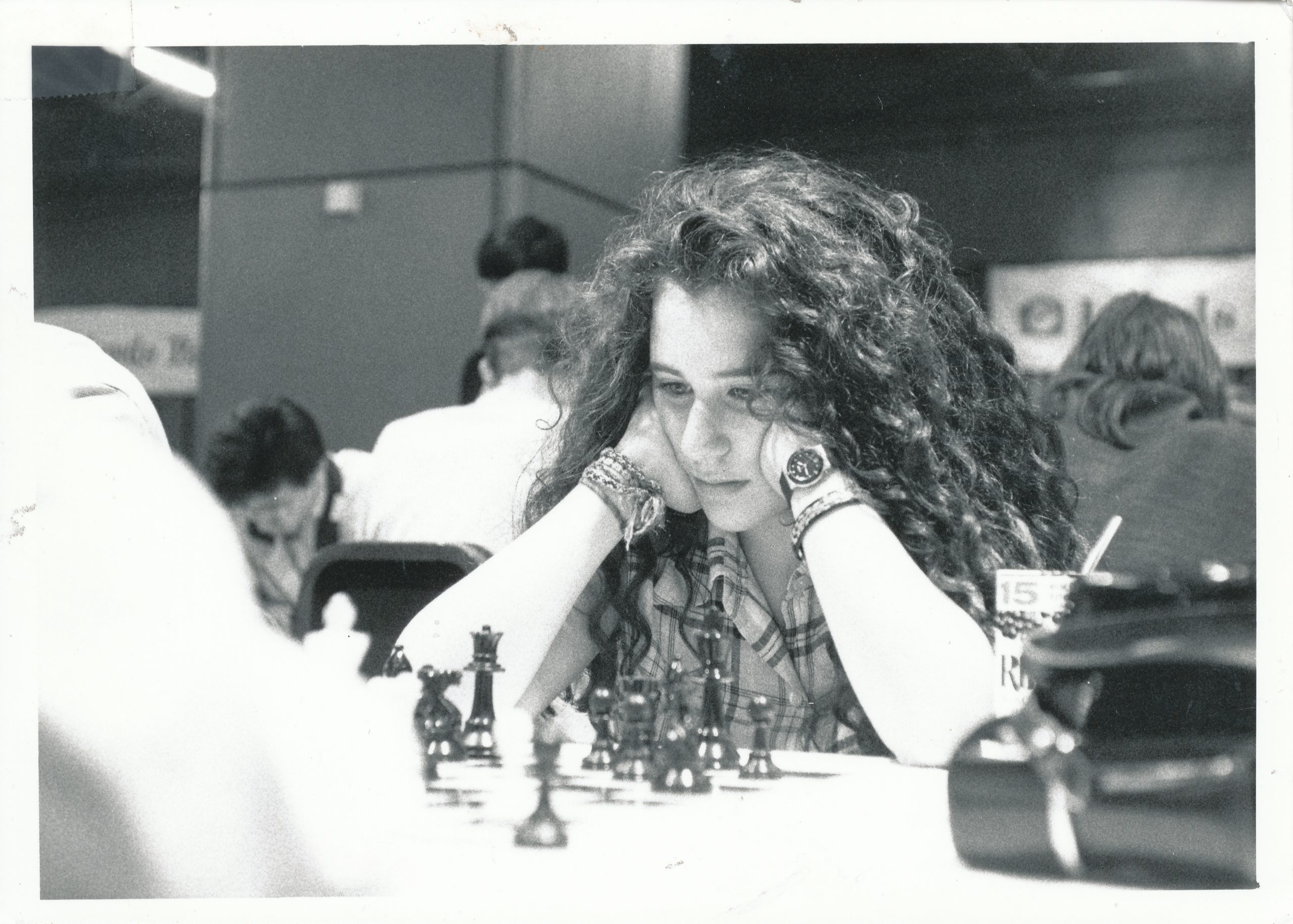
Here is her rather brief Wikipedia entry.

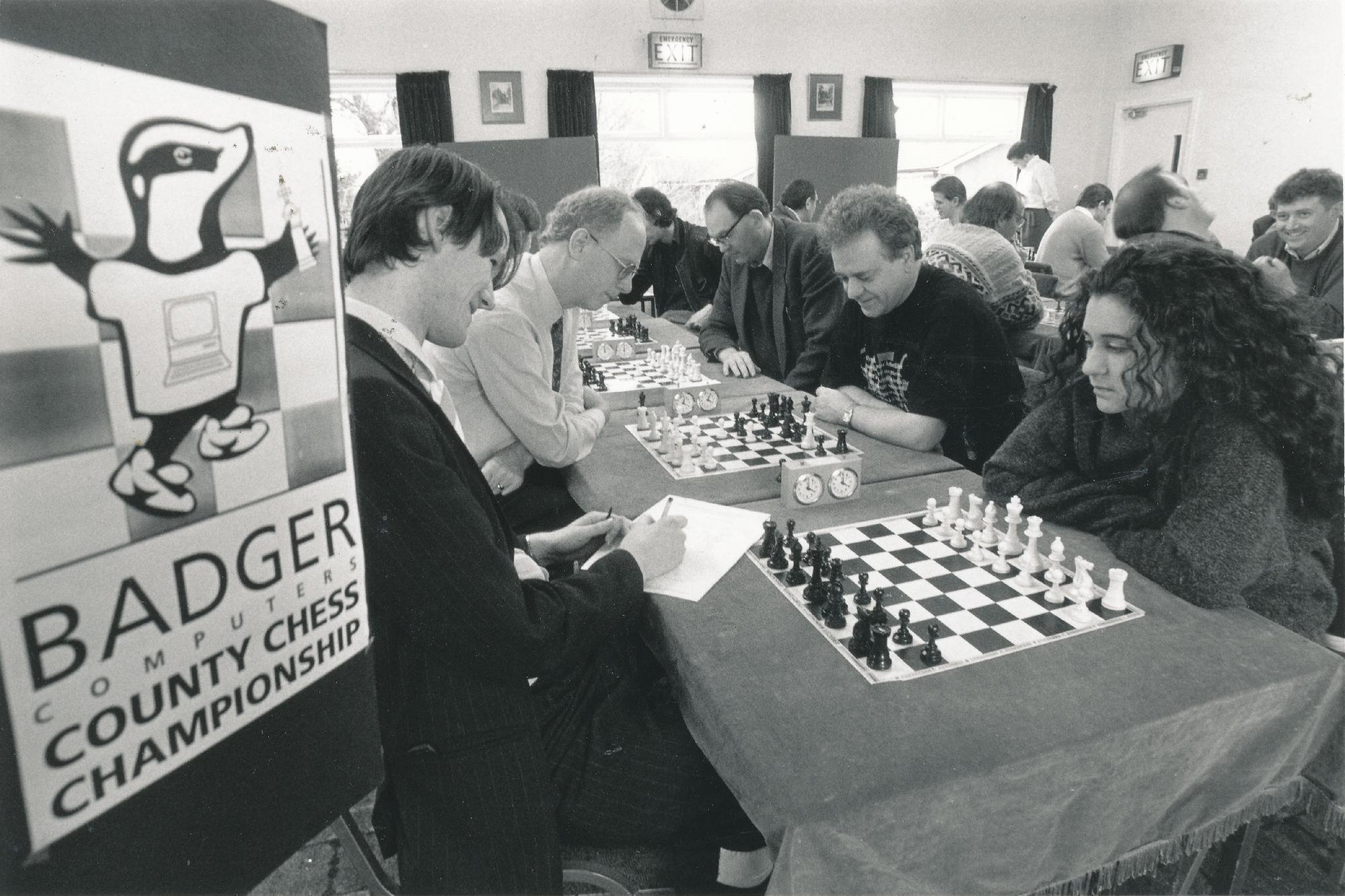

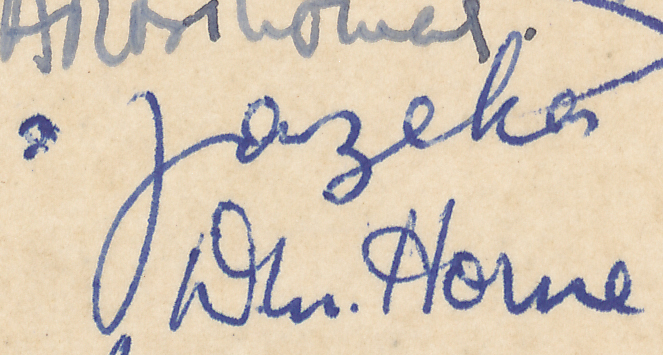
BCN remembers Dr. IM István (Stefan) Fazekas who passed away in Buckhurst Hill, Essex on Wednesday, May 3rd, 1967 and the death was recorded in the district of Redbridge.
The probate record of June 7th, 1967 is thus:

István Fazekas was born in Satoraljaujhely, Hungary on Wednesday, March 23rd 1898. He adopted the name Stefan subsequently. Satoraljaujhely is very much on the Hungary – Czechoslovakian border and records for Fazekas variously show both countries as his country of birth.
The September 1939 register records Stephen Fazekas as being married, a refugee, and a general practitioner living with his wife Helen (born 17th July 1900) at 21, Old Gloucester Street, Bloomsbury, Camden, London WC1. The “household” had a total of fourteen residents and this building in 2021 appears to be part of the Mary Ward Centre and presumably was providing temporary accommodation.
The 1948 London Gazette records that on June 16th he lived at 281 Buckhurst Way, Buckhurst Hill, Essex and that he and Helen had a son, George. On this day Stefan was granted UK naturalisation following the swearing of an oath of allegiance:

The above notice is further validated by the official record stored at The National Archive, Kew, reference HO 334/234/4061.
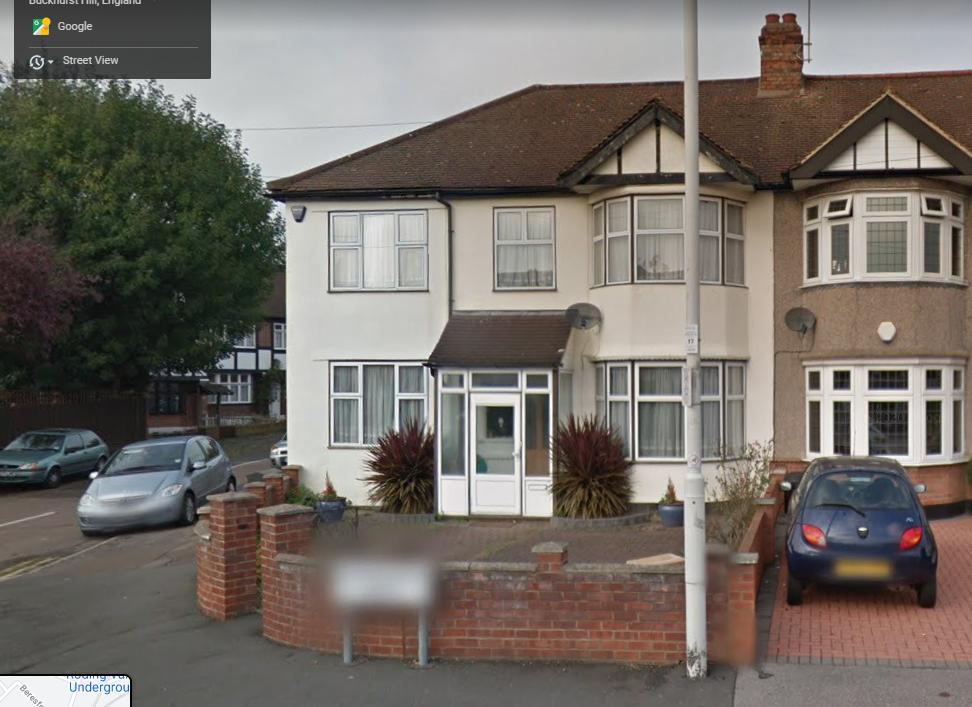
From British Chess Magazine, Volume LXXXVII, Number 7 (July), pages 195-6 we have an obituary written by Peter Clarke :
The death of Dr. Fazekas on May 3rd has deprived British chess of one of its leading and most colourful figures. Ever since he came to this country nearly thirty years ago he took an active part, in the game at all levels, from club to international, rarely missing the chance – even when not in the best of health- to test his strength in competition and express his ideas afresh.
Stefan Fazekas was born on March 23rd, 1898, at Sitoraljaujhely on the Hungarian-Czechoslovak border, but it was not until a few years after the Great War, in which he served and was wounded, that he got the opportunity to play serious tournament chess. By present-day standards, however, events were few and far between, and the game always had to take second place to his medical work.
The Doctor’s best international performances, for which he was later awarded the master title by F.I.D.E., came in the ‘thirties. In 1931, for instance, he was 2nd at Kosice, 3rd at Brno and 3rd at Prague. As it remained throughout his career, his play was excessively variable: fine conceptions were always liable to be ruined by blunders or impetuosity. The following game, played at Munchentratz in 1933, shows all going well; it earned inclusion in Le Lionnais’ anthology Les Prix de beauté aux échecs.
In 1939 Dr. Fazekas brought his family to England and established himself as a successful and much loved G.P. at Buckhurst Hill, Essex. He soon took a dominating part in county chess and went on to win the championship eleven times. In national events his inconsistency seemed too great a handicap, but at Plymouth in 1957, after so many tries, he astounded everyone by winning the British Championship in front of, among others, Alexander and Penrose.
(Ed. He was the oldest person to win the British Championship at 59 years of age.)
The next year fate struck him a cruel blow when he was left out of the B.C.F. team for the Munich Olympiad. Yet after returning the trophy in protest he overcame his bitterness and took his place once more in the championship tournament-he could not resist the thrill of the struggle.
(Ed. The Selection Committee was: RJ Broadbent (Chairman), CHO’D Alexander, RWB Clarke, WA Fairhurst, Dr. S. Fazekas, H. Golombek, JH van Meurs, and AF Stammwitz (Secretary).)
Knowing that his best over-the-board days were behind him, the Doctor decided to go in for correspondence chess in 1959, and he at once found himself surprisingly at home in it. Here his old weaknesses could be set aside and his vast experience put to good use. Moreover, his great love for chess enabled him to devote hours of work to the analysis of a single move if necessary.
His rapid successes in this field won him a place in the Semi-Finals of the 5th World Correspondence Championship (where he finished 4th out of 14) and led to his being chosen as Board 1 for the British team in the 5th Olympiad. On the results of these events he was awarded the title of international C.C. master. That he deserved it may be judged from this fine strategic win against a grandmaster (C.C.) opponent in the individual tournament.
At the time of his death Dr. Fazekas had made a score of 5 out of 7 in the Olympiad Final and was still engaged with Zagorovsky of the U.S.S.R., a performance which showed his correspondence play to be close to grandmaster standard. And to end one’s days actually playing a World Champion is a distinction which I am sure would have appealed to this Doctor’s rich sense of humour.
While Dr. Fazekas’ social work as a humanist was for the peace of the world, in chess he was noted as a great fighter, in some ways reminiscent of Lasker. There was no retirement for him.
At Ilford in 1965 and 1966 he eagerly took on and held his own with a generation fifty years his junior, and this year he had once again qualified to play in the British Championship. The tournament at Oxford will not seem quite the same without him. I and his many friends will miss his wit and ebullience, his generosity, his love of life and chess.-P. H. C.
From The Encyclopaedia of Chess (Batsford, 1977), Harry Golombek OBE:
“International Master and British Champion 1957. A dangerous attacking player but weak in positional play. Fazekas was born at Satoraljaujhely on the Hungarian-Czechoslovakian border. In the earlier part of his career he was Czechoslovak. This period comprised his international career and he was awarded the title of international master many years later after he had emigrated to England in 1939.
It was his results in 1931 that gained him the title: 2nd at Kosice, 3rd at Prague and 3rd at Brno ahead of Honlinger, Mikenas, Noteboom and Rellstab.
In England he became much-respected general medical practitioner, and was therefore really an amateur at chess since he devoted himself to his profession. But he played much club and county chess and was eleven times champion of his county, Essex.
In 1957, almost out of the blue, he won the British Championship in a strong year that included Penrose and Alexander.
He played a number of times in the championship after that, but never looked like gaining the title since increasing years took their toll. He was in fact the oldest player ever to have won the British Championship.
In 1959 he took up correspondence chess and became an international correspondence chess master.”
From The Encyclopaedia of Chess (Robert Hale, 1970 & 1976), Anne Sunnucks:
“International Master (1953), International Correspondence Chess Master and British Chess Champion in 1957.
Fazekas was born in Satoraljaujhely on the Hungarian-Czechoslovakian border, on 23rd March 1898. He was awarded the title of International Master for his performances in the 1930s, which included 2nd at Kosice 1931; 3rd at Brno 1931 and 3rd at Prague 1931.
In 1939 he emigrated to England, where he practised as a general medical practitioner at Buckhurst Hill in Essex. Chess always took second place to his profession, and his tournament appearences were limited. He played regularly in county and club events and was 11 times champion of Essex.
In 1957, to everyone’s surprise, he won the British Championship, ahead of such players as Penrose, Alexander, Clarke, Wade and Milner-Barry. Shortly after this victory came a bitter blow to Fazekas when he was not selected as a member of the British Chess Federation team for the 1958 chess Olympiad at Munich.
Fazekas returned the championship trophy in protest at his exclusion and the controversy over whether he should or should not have been selected raged for many months.
Dr. Fazekas’s love of chess eventually overcame his resentment and he continued to appear regularly in the British Championship, but never again repeated his success.
In 1959, he took up correspondence chess and reached the semi-finals of the fifth World Correspondence Chess Championship and was selected to play on top board for the British team in the Fifth Correspondence Chess Olympiad. This event was still in progress at the time of this death. He died on 3rd May 1967, at his home in Buckhurst Hill.”
Dr. Fazekas was Southern Counties (SCCU) Champion twice in 1951-2 and 1952-53.
In his early days he was a successful composer of problems:
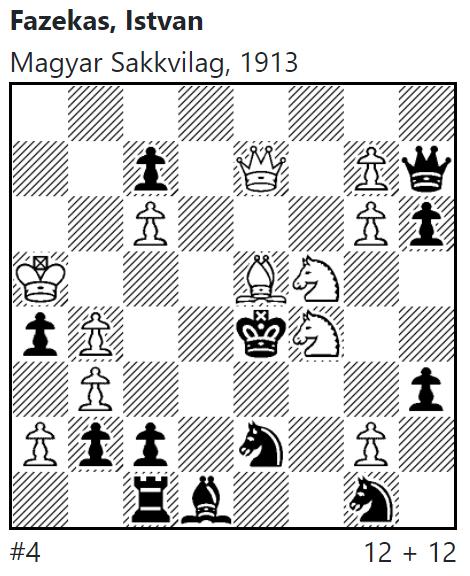
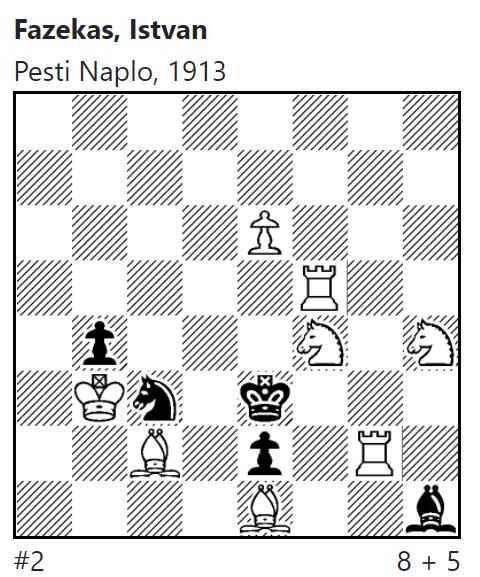
From Chessgames.com :
“Dr Stefan (ne Istvan) Fazekas was born in Satoraljaujhely, Hungary. Awarded the IM title in 1953 and the IMC title in 1964, he was British Champion in 1957 and is the oldest player ever to have won the title. He passed away in 1967 in Buckhurst Hill, Essex, England.”
In Edward Winter’s Chess Notes there is a note from Leonard Barden concerning SFs spoken English (under Chess Note #10361)
Here is his brief Wikipedia entry
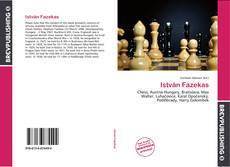
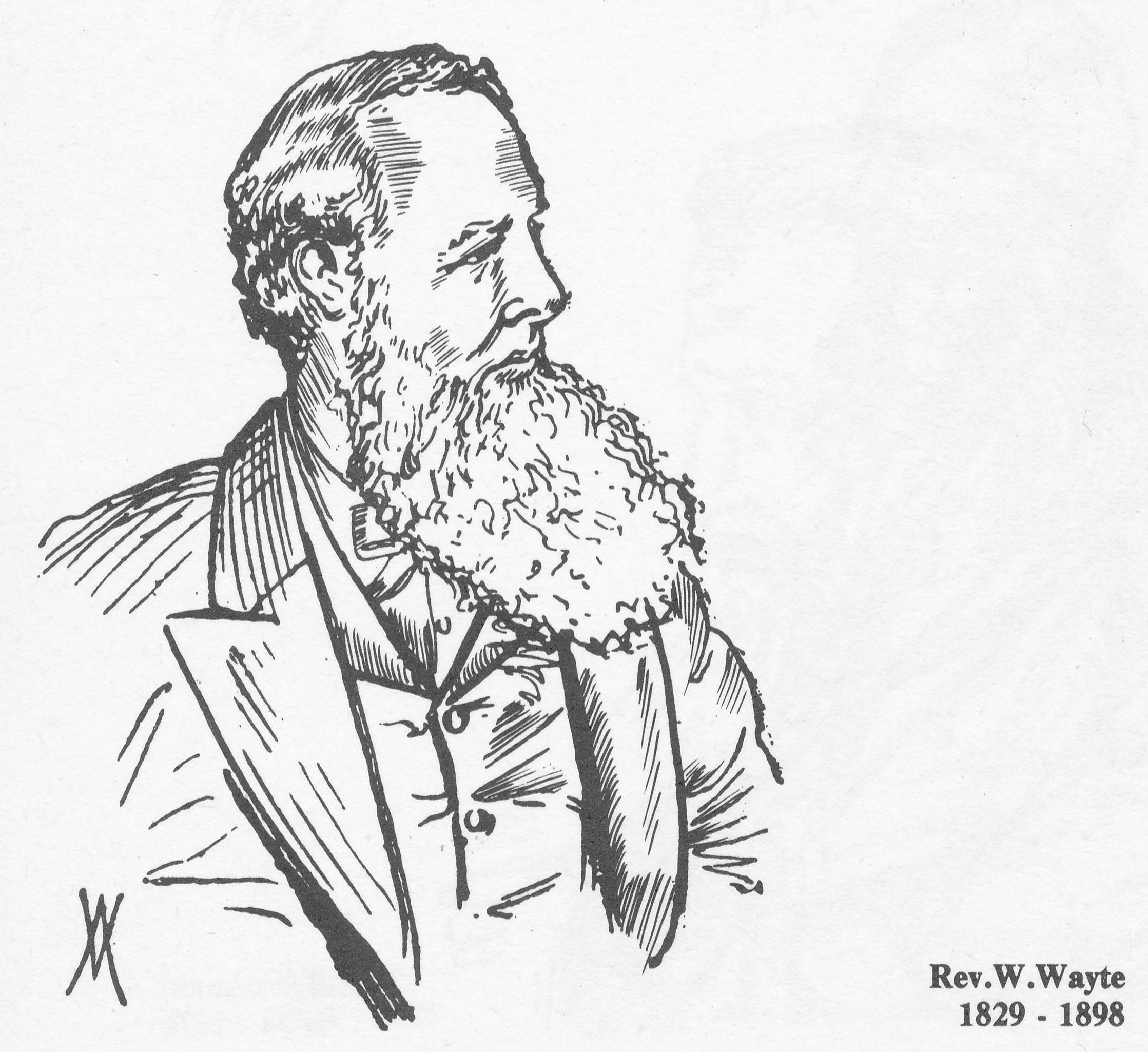
Remembering Reverend William Wayte (04-ix-1829 03-v-1898)
Here is his Wikipedia entry
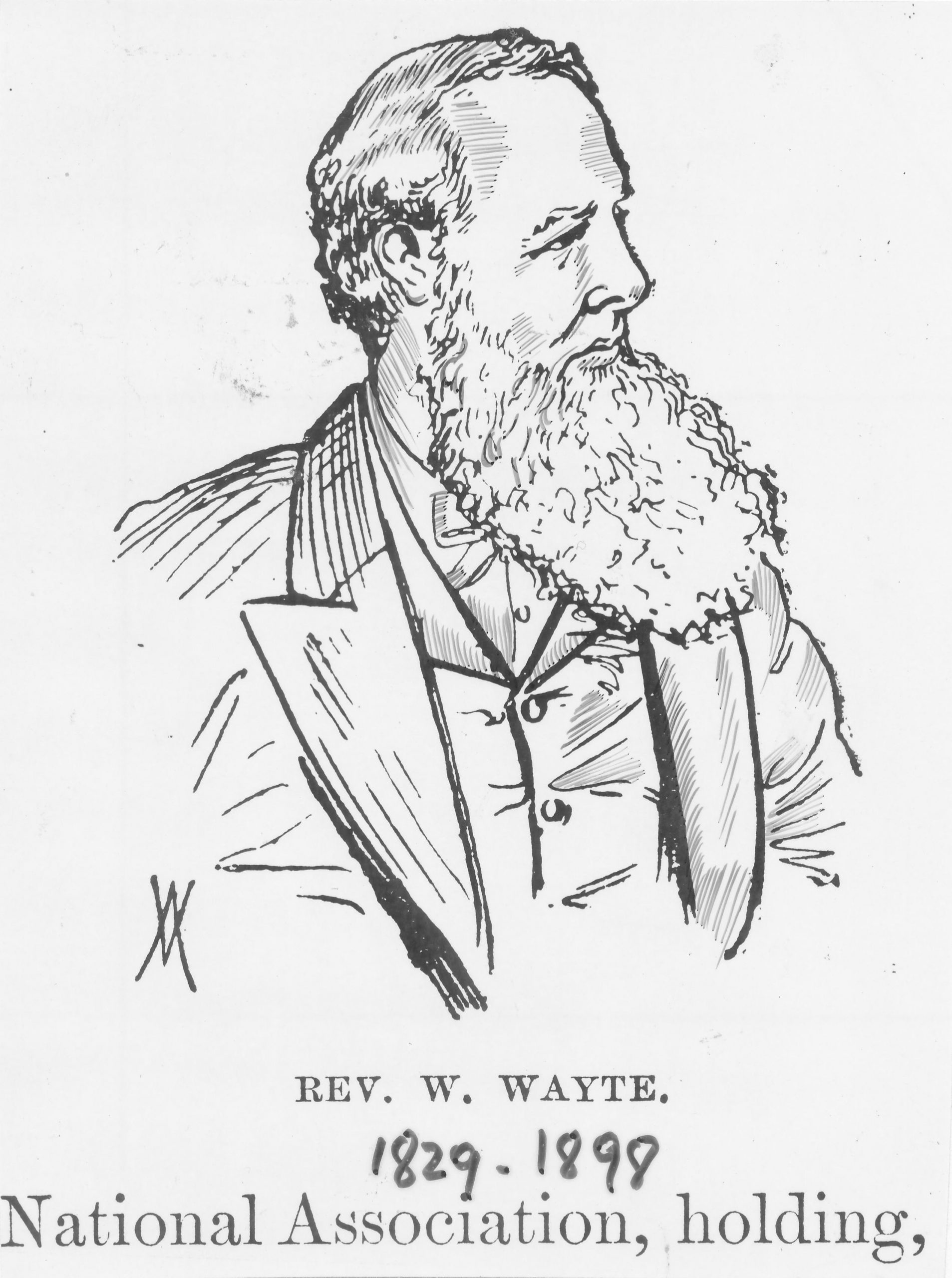
See article by JS Hilbert in the June 2012 BCM, page 296
BCN remembers Norman Littlewood (31-i-1933 29-iv-1989)
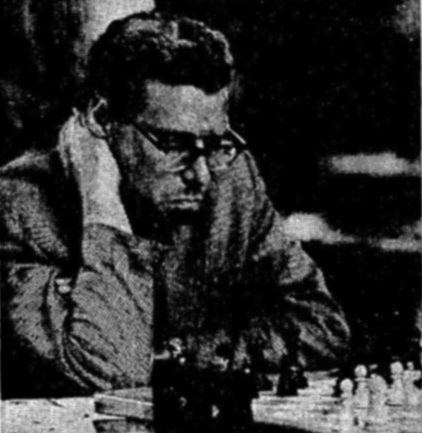
From British Chess Magazine, Volume 109, June (#6), page 265 we have the following obituary which appears to have been lifted and used in the BCF Yearbook from 1989 – 1990, page 14, (editor Brian Concannon) with no acknowledgement :
“We were sorry to (announce the) hear of the death from cancer of Norman Littlewood of Sheffield(31 i 1933 – 29 iv 1989) who played with great force in British Championships of the 1960s.
Born into a working class family of 11 children, Norman played for England in the 1951 Glorney Cup, but did not make his debut in the British Championships until 1963 when he finished second to Penrose. He was then joint runner-up in the next three title contests, impressed at Hastings Premiers, particularly 1963-4 when he was the best of the English players, and represented England in the 1964 and 1966 Olympiads. By 1969, however, he was drifting away from play in the direction of problem and study composition, and his other interests such as bridge. He was also a skilled pianist, a true all-rounder.
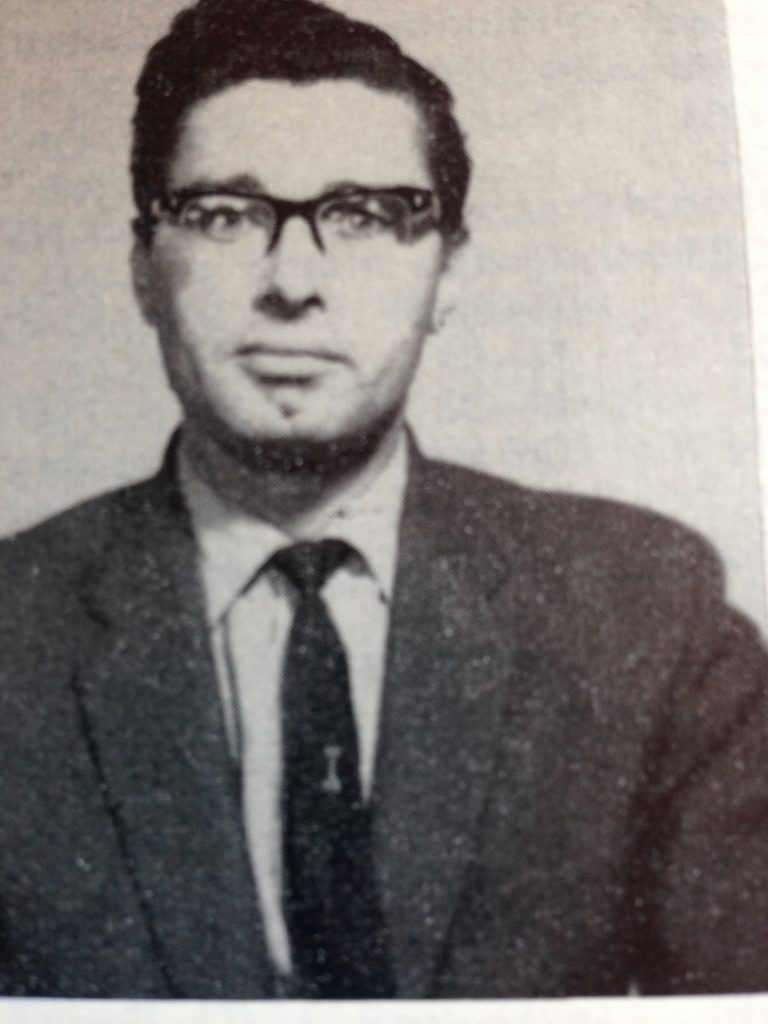
A great impression was made on the top players at the 1964 British Championships when Norman won his first four games with his dynamic style. His victims included both Golombek and Clarke. Had he won his next game against Haygarth, as he deserved to do, he would have surely taken the title which fell to his Yorkshire colleague.
Norman was always a modest but assertive character, and with more management might well have challenged Penrose even more closely than he did. Our thanks to elder brother John Littlewood for some of the above information.”

Here is a splendid article from Yorkshire Chess History
See BCF Yearbook 1989-90, page 14.
BCN wishes IM Lawrence Trent (28-iv-1986) Happy Birthday!
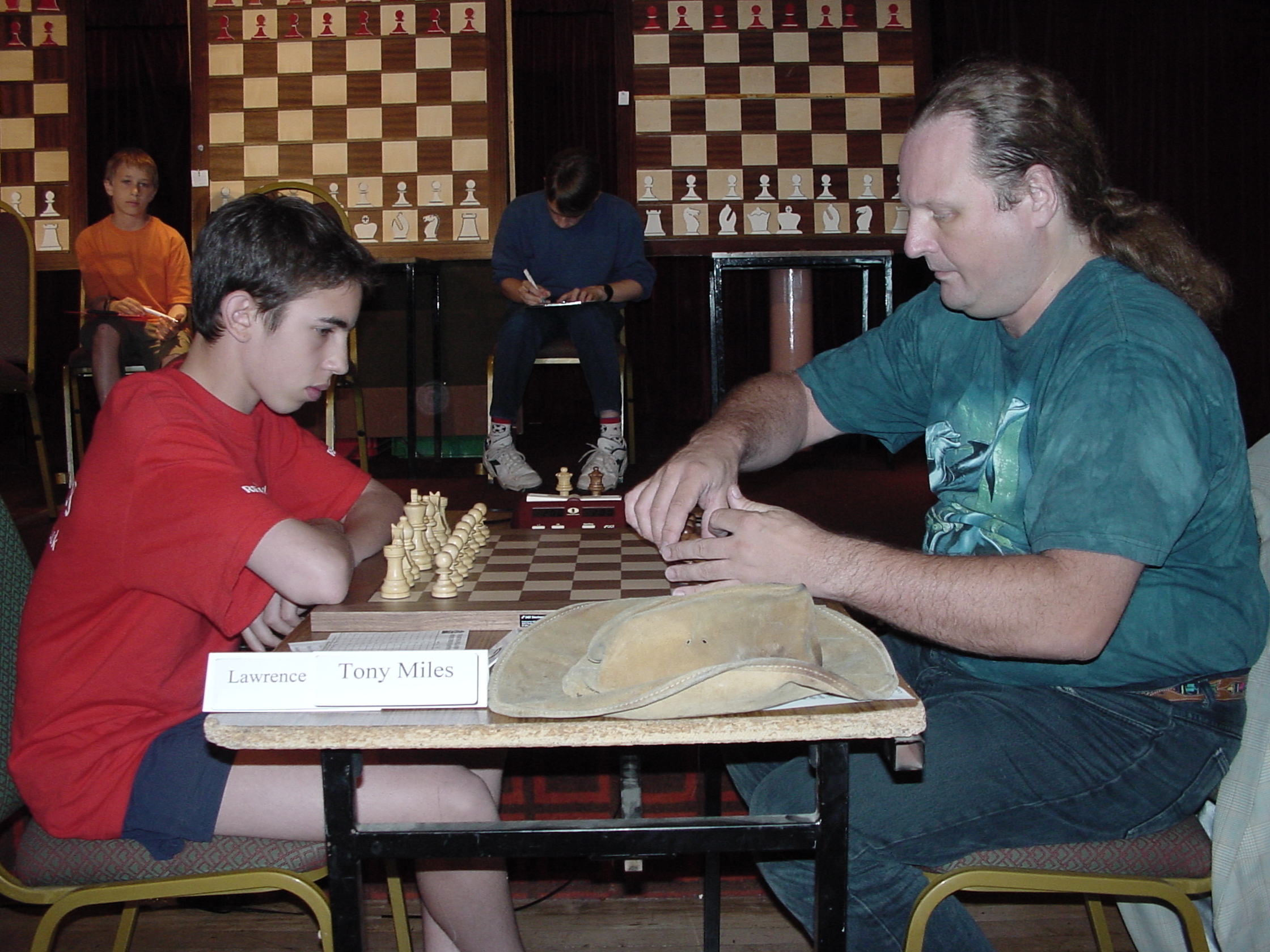
Here is his extensive Wikipedia entry
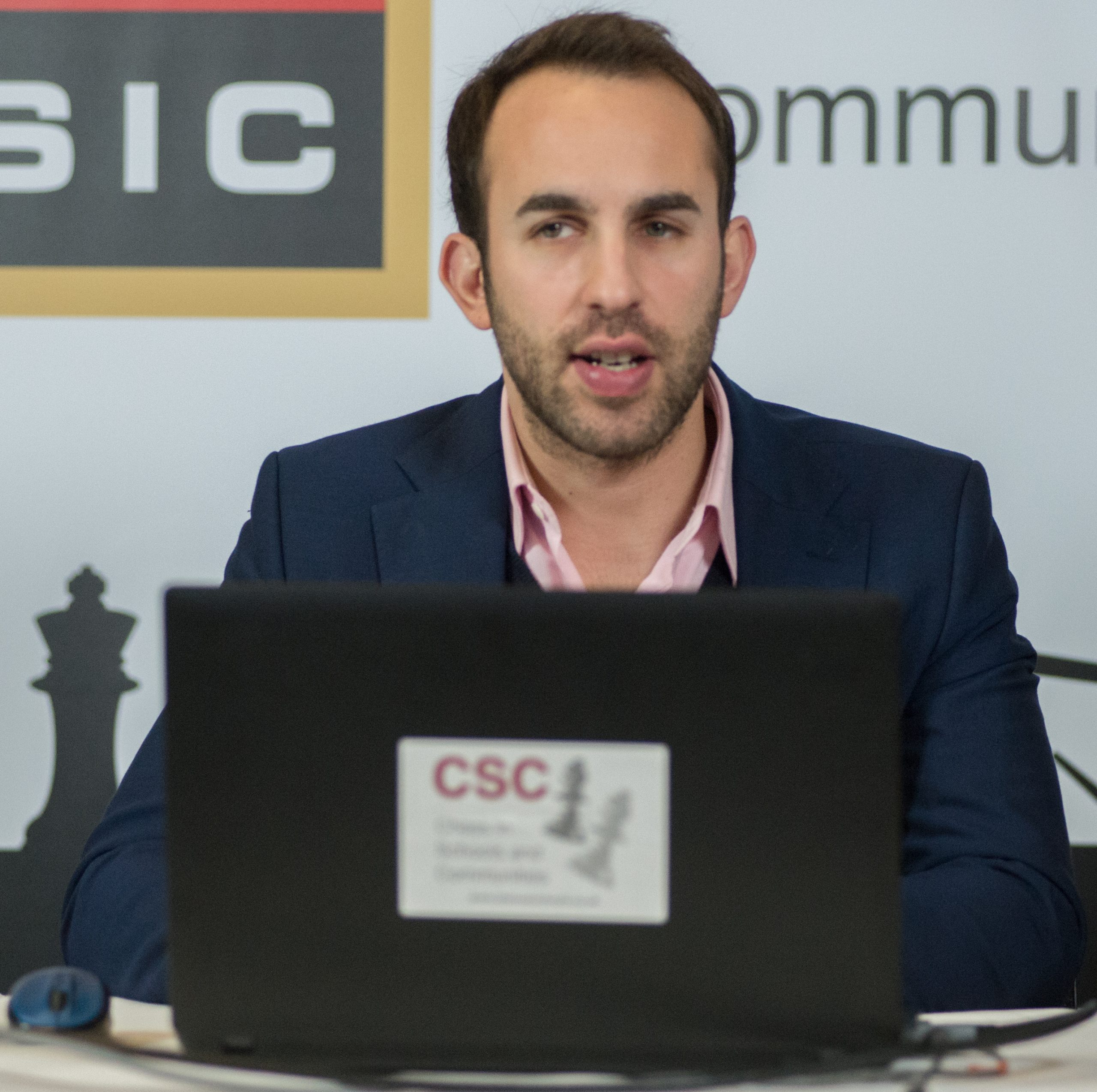
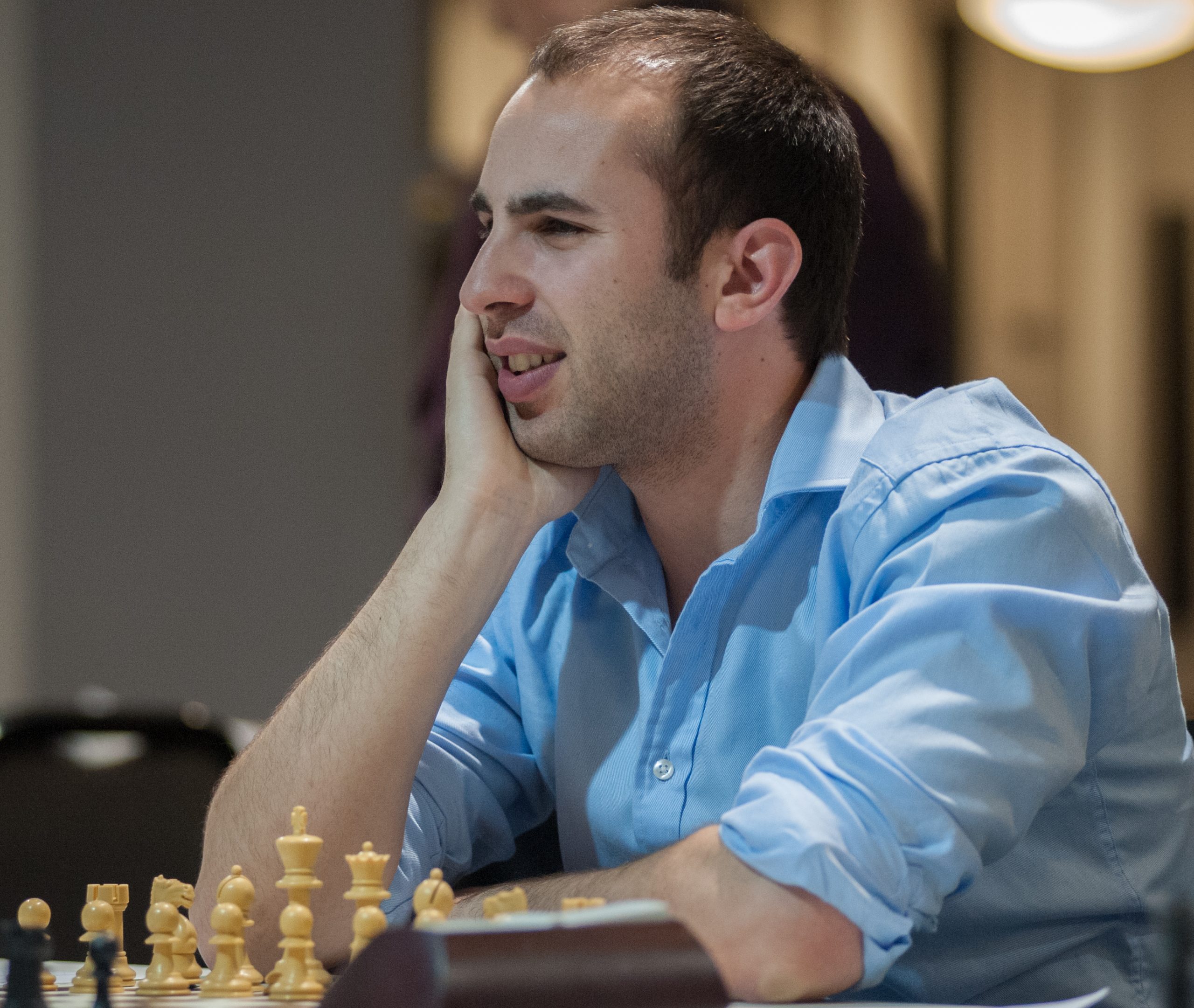
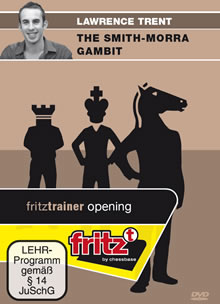
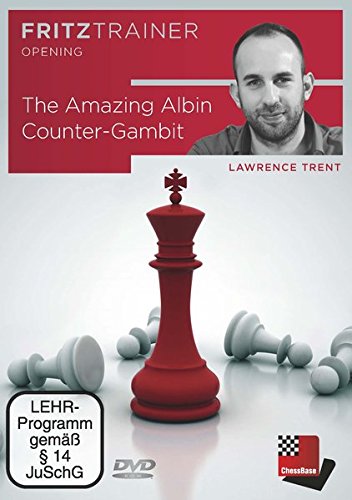
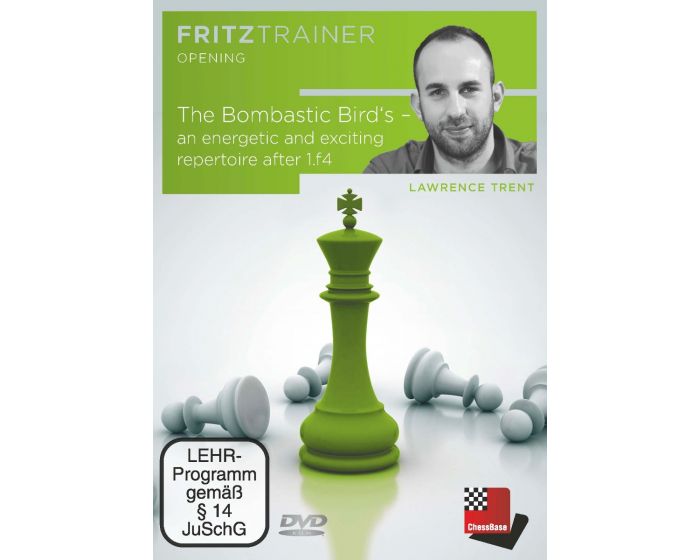
BCN Remembers Michael John Haygarth (11-x-1934 27-iv-2016)
Here is an article from Yorkshire Chess History
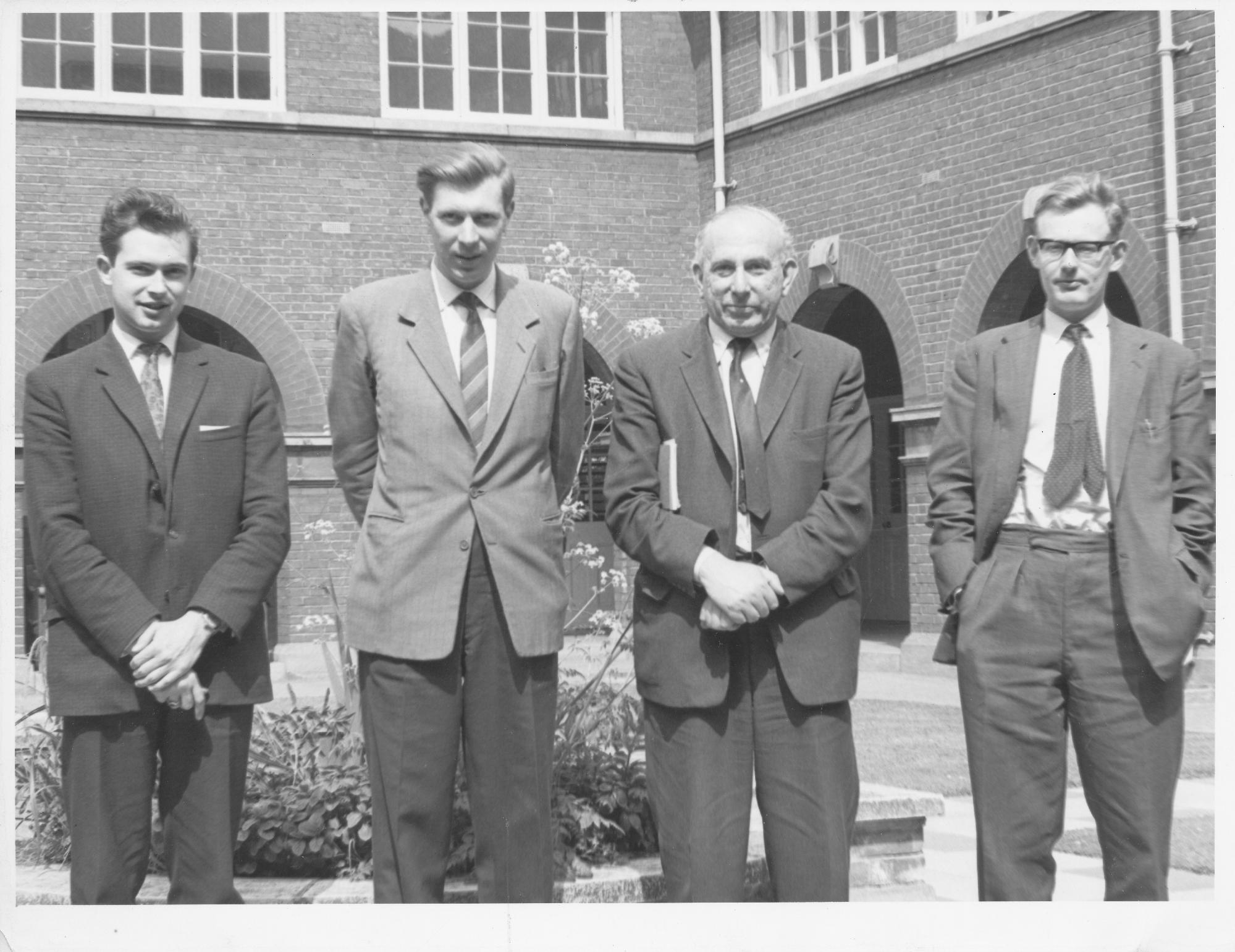
Here is an obituary written by Steve Mann which was published on the ECF web site.
